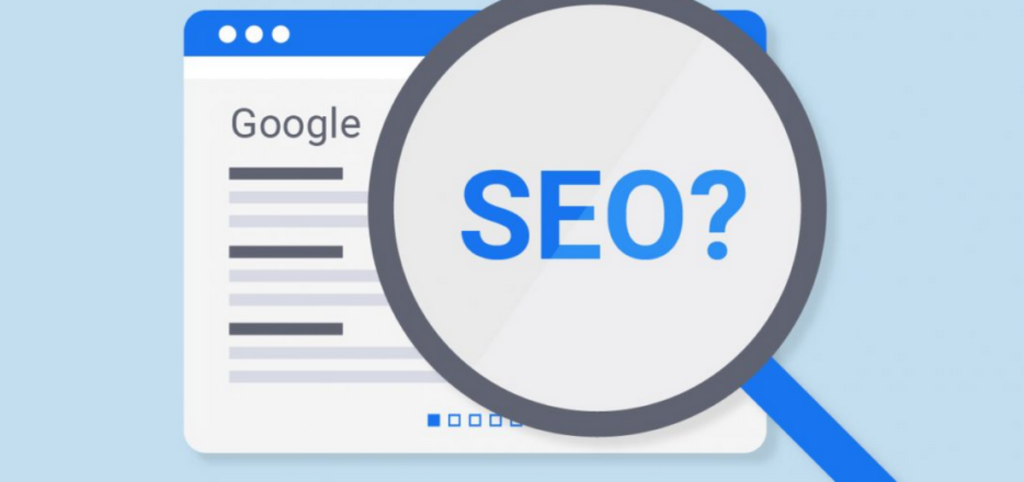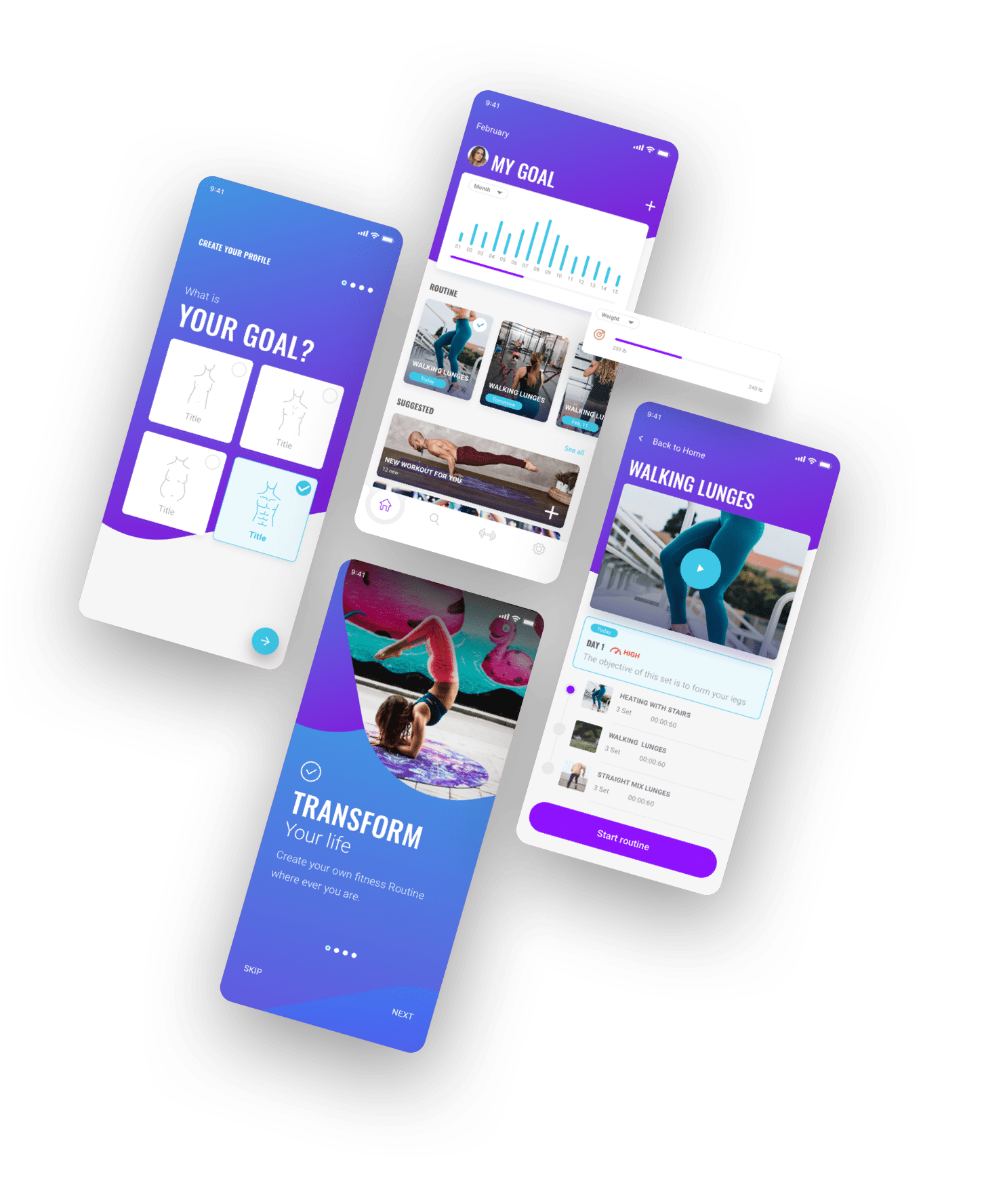Google has announced a new update that will take into account a website’s ‘Page Experience’ when ranking them in search results. Page Experience is basically a measure of how well a website functions on mobile devices-including page speed, interactivity, and more.
If you have a website, make sure to check your speed scores and load times on the Page Experience Report in Google Search Console.
What is Page Experience Update?
This update is one of Google’s many ranking signals; however, this one mainly focuses on the website speed.
Google says that websites with fast page speeds (how long it takes to load a web page), proper use of the viewport (the screen size in which your website renders), and easily accessible content will be ranked higher by their search engine.
This update focus on these few aspects;
- Secure website (HTTPS)
- Website security issues
- Mobile usability of the website
- Core Web Vital
Now let’s break down each of them into more detail…
Secure website (HTTPS):
Google has been trying hard to push all websites towards being secure. Using HTTPS is a huge ranking signal that Google gives to websites, so if you have not migrated to HTTPS yet, there is no better time than now.
HTTPS means that people can feel safe when they are on your website and that their information is encrypted. It has been proven to increase the conversion rate of a website, so it is definitely worth migrating.
Website security issues:
Google wants you to have a secure website not only with HTTPS but also by avoiding things such as injections from third parties or malware being installed on your website.
If you keep seeing “HTTP” instead of “HTTPS” at the beginning of your address bar, then there is something wrong with your security status (most likely with adding HTTPS). You can click on the shield icon in the right-hand corner to make sure that you are using a secure connection.
Mobile usability of the website:
Mobile usability is a big deal, in fact, in the near future, all websites will be made mobile-friendly. Mobile users are very influential on your website rankings, so the design and usability of your website should be optimized for mobile devices.
This helps create a great user experience for the user, no matter if they are using a desktop or a mobile device.
Core Web Vital:
This is a new factor Google is using to evaluate your website. What it basically means is that if you have a site with vital content, then the user experience will be better overall.
The more vital content your website contains, the higher it will rank in search results. Make sure that your pages load fast and that you don’t use Flash or heavy JavaScript.
There are three components of this;
- LCP (Largest Contentful Paint):
- FID (First Input Delay)
- CLS (Cumulative Layout Shift)
Does your website meet the Page Experience standards?
If you’d like to find out more about your website or if you feel that it doesn’t meet the new standards, use the Page Experience Report in Google Search Console. It is very easy to use and will generate a report of what needs improvement on your website.
Conclusion:
To sum up, Google will be making your website’s page speed and performance into account when determining how you should rank in their search results. Making sure that your website is mobile-friendly and makes use of HTTPS will help improve the user experience.

















